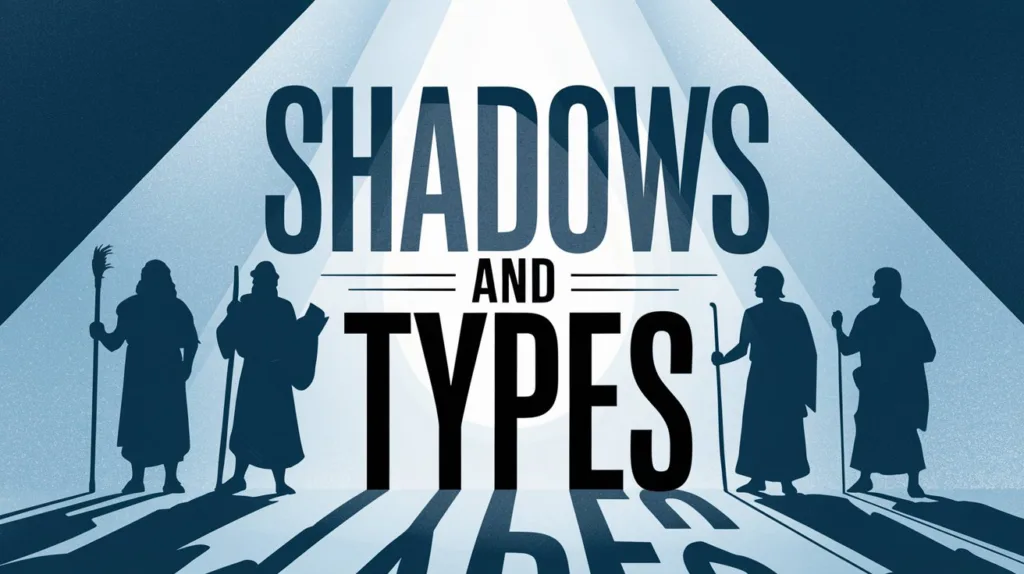The account of the Israelites gathering quail appears during their wilderness journey after the Exodus from Egypt. It highlights both God’s provision and His judgment in response to their complaints.
In Numbers 11, the people began to complain about their hardships and longed for the food they had in Egypt. Despite receiving daily manna from heaven, they were not content. Numbers 11:4–6 says:
“Now the mixed multitude who were among them yielded to intense craving… ‘Who will give us meat to eat? We remember the fish… cucumbers, melons, leeks, onions, and garlic; but now… there is nothing at all except this manna before our eyes!’”
God responded to their grumbling not only by granting their request for meat but also by sending it in overwhelming measure. Numbers 11:31–32 records:
“Now a wind went out from the Lord, and it brought quail… and they stayed up all that day, all night, and all the next day, and gathered the quail… he who gathered least gathered ten homers.”
However, their greed and ungratefulness provoked God’s anger. While they were still eating the quail, God struck them with a severe plague. Numbers 11:33 says:
“But while the meat was still between their teeth, before it was chewed, the wrath of the Lord was aroused… and the Lord struck the people with a very great plague.”
The place was named Kibroth Hattaavah, which means “Graves of Craving,” because it became a burial site for those who had yielded to their lust.
This account teaches that while God may give people what they ask for, it is not always a blessing. Craving flesh over spiritual provision brought both judgment and sorrow. It warns against discontentment and highlights the need to trust God’s sufficiency.





 Get the book that teaches you how to evangelize and disarm doctrines from every single major cult group today.
Get the book that teaches you how to evangelize and disarm doctrines from every single major cult group today.